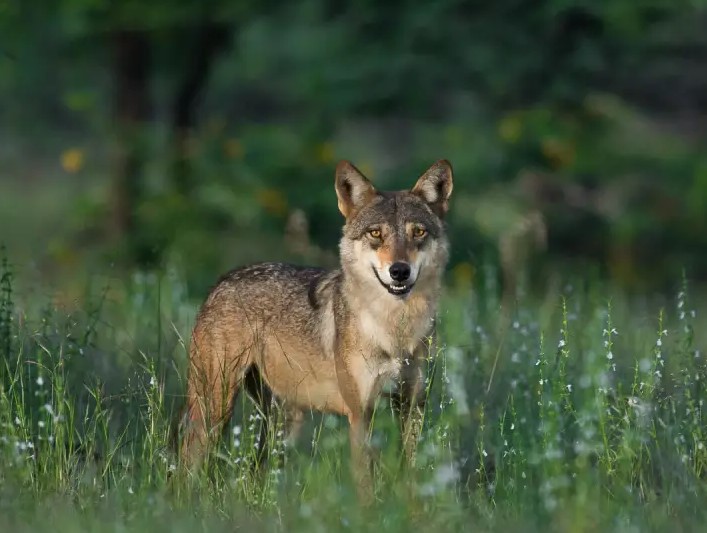The Bureau of Indian Standards (BIS) has begun the process of formulating a National Agriculture Code (NAC), on the lines of the existing National Building Code and National Electrical Code.
Reference
The Indian Express | What is the National Agriculture Code?
World Animal Day is celebrated worldwide recently.
References
Union Finance Minister recently launched the Prime Minister’s Internship Scheme.
References
Researchers recently discovered that Carbon dioxide, hydrogen peroxide detected on Pluto's largest moon 'Charon'.
Recent Findings
|
Pluto |
|
References
Indian wolves are sacred beings for Koppal’s Kuruba shepherds by removing diseased sheep, prevent spread of infection, saving most of the flock.

Reference